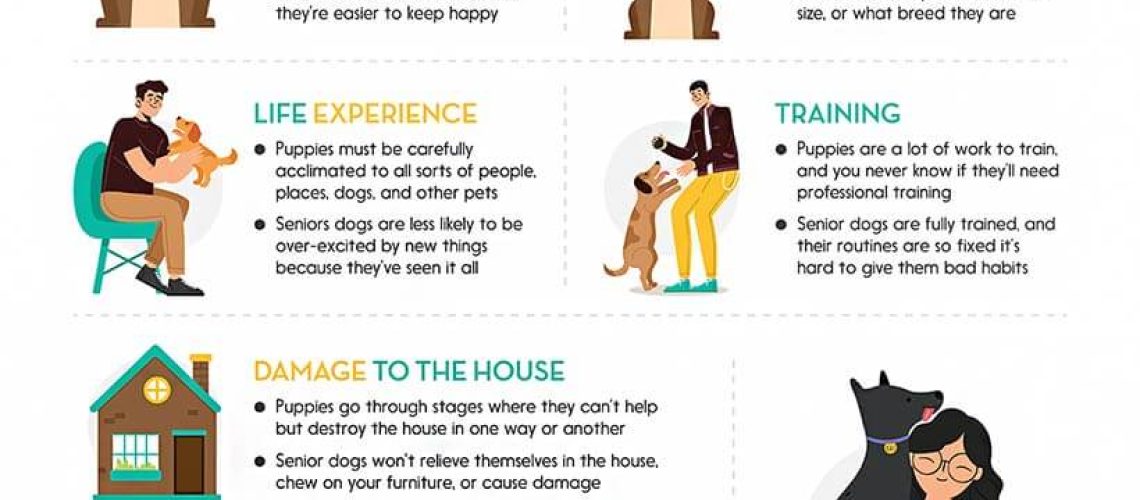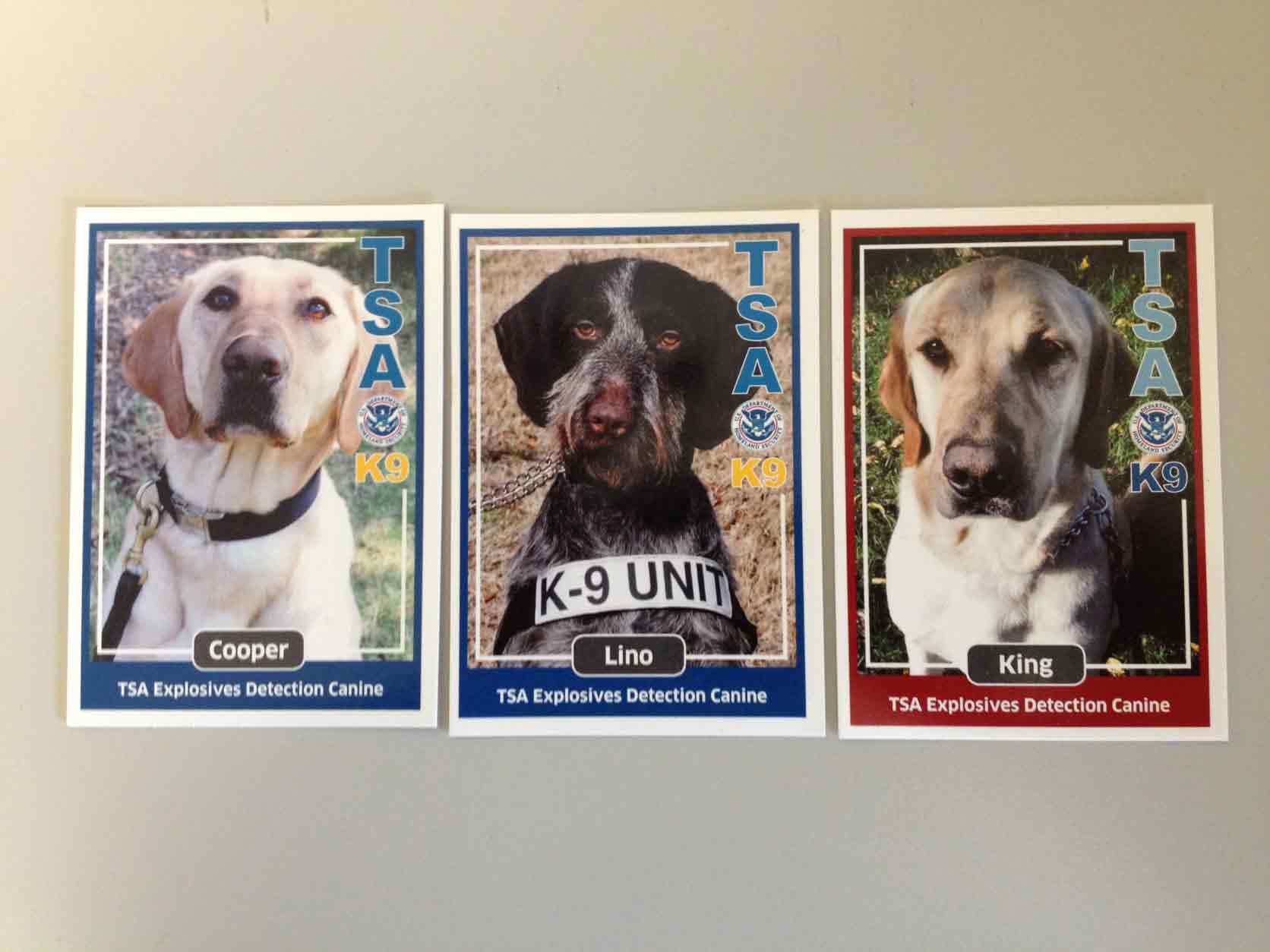If you're considering adopting a senior dog, this guide has got you covered. From understanding their unique needs to finding the perfect match, we'll provide all the essential information you need to make your adoption journey a success.
Key Takeaways:
- Senior dogs make wonderful companions and can bring immense joy to your life.
- Adopting a senior dog can be a rewarding experience as they are often already trained and well-behaved.
- Senior dogs may require more frequent veterinary visits and specialized care due to their age-related health issues.
- It is important to understand the specific needs of senior dogs, such as providing them with a comfortable environment and regular exercise.
- By adopting a senior dog, you are giving them a second chance at a loving home and improving their quality of life in their golden years.
What is adopting a senior dog?
Adopting a senior dog means giving a home to an older dog that is in need of love and care. These dogs are usually 7 years or older and may have spent many years with their previous owners. Unfortunately, some senior dogs end up in shelters or rescue organizations due to various reasons such as the owner's inability to care for them anymore or changes in their living situation.
When you adopt a senior dog, you provide them with a second chance at happiness. These dogs still have plenty of love to give and can form strong bonds with their new owners. They may require some extra care and attention compared to younger dogs, but the rewards of adopting a senior dog are immeasurable.
The Benefits of Adopting an Older Dog
There are many reasons why adopting an older dog can be a great choice:
- Senior dogs are often already trained: Unlike puppies, most senior dogs have already been house-trained and understand basic commands. This makes the transition into your home much easier.
- Calm and relaxed demeanor: Older dogs tend to be calmer and more settled compared to younger ones. They have outgrown their puppy energy and are content with a quieter lifestyle.
- You know what you're getting: With older dogs, their personality is already developed, so you can choose one that matches your lifestyle and preferences.
The Joy of Giving an Older Dog a Loving Home
When you adopt a senior dog, you not only gain a loyal companion but also experience the joy of making a difference in their life. These dogs may have had difficult experiences in the past, but by providing them with love, care, and stability, you can help them enjoy their golden years to the fullest.
Why should you consider adopting an older dog?
Adopting an older dog can be a rewarding experience for both the dog and the owner. Many people are often drawn to puppies because of their cuteness and energy, but there are several advantages to choosing an older dog. Firstly, older dogs are often already trained and have developed good manners. This means that you won't have to go through the challenging process of housebreaking or teaching basic commands.
Additionally, older dogs tend to be calmer and less demanding than puppies. They have already outgrown their hyperactive phase and are content with a more relaxed lifestyle. This can be particularly beneficial for individuals or families who prefer a quieter home environment or have limited time for training and exercise.
Benefits of adopting a senior dog for both the dog and owner
When you adopt a senior dog, you not only provide them with a loving home but also reap several benefits as an owner. Senior dogs often exhibit gratitude and loyalty towards their new owners, as they understand that they have been given a second chance at life. This bond can be incredibly fulfilling and rewarding.
In addition, senior dogs typically require less exercise compared to younger dogs. While regular walks are still important for their physical and mental well-being, they generally have lower energy levels and are more content with shorter walks or gentle playtime sessions. This can be advantageous for individuals or families with busy schedules or limited mobility.
Common misconceptions about adopting older dogs
There are several misconceptions surrounding the adoption of older dogs that prevent potential owners from considering them as viable options. One common misconception is that older dogs cannot bond as strongly with their new owners compared to younger ones. However, this is far from true. Older dogs are capable of forming deep connections and can be incredibly loyal and loving companions.
Another misconception is that older dogs are more prone to health issues. While it is true that senior dogs may have a higher likelihood of certain age-related conditions, such as arthritis or dental problems, this does not mean they cannot live happy and fulfilling lives. With proper care and regular veterinary check-ups, many health issues can be managed effectively, allowing the dog to enjoy their golden years comfortably.
Preparing your home for a senior dog's arrival
Before bringing a senior dog into your home, it is important to make some necessary preparations to ensure their safety and comfort. Firstly, assess your living space for any potential hazards such as loose wires, toxic plants, or sharp objects that could pose a danger to the dog. Remove or secure these items accordingly.
Next, create a designated area for the dog with comfortable bedding and access to food and water. Consider placing non-slip mats on slippery surfaces to prevent falls or injuries. It is also advisable to install baby gates if there are areas in your home that you want to restrict the dog's access to.
H3: Introducing the new family member
When introducing a senior dog into your household, it is important to do so gradually and patiently. Allow them time to explore their new surroundings at their own pace while providing reassurance and positive reinforcement. Avoid overwhelming them with too many new experiences or interactions initially.
H4: Providing familiar scents
To help ease the transition for the senior dog, consider providing them with familiar scents from their previous environment. This can be done by using blankets or toys that carry their previous scent. The familiarity will provide them with comfort during this adjustment period.
- List of Preparations:
- List of Introductions:
Important factors to consider when choosing an older dog to adopt
When selecting an older dog to adopt, there are several important factors that should be taken into consideration. Firstly, assess your lifestyle and determine the energy level and exercise requirements that you can comfortably accommodate. Some senior dogs may still have high energy levels and require regular physical activity.
It is also crucial to consider any existing pets or children in your household. Not all older dogs are suitable for homes with other animals or young children. Take into account the temperament and compatibility of the potential adoptee with your current family members.
Helping a newly adopted senior dog adjust to their new home
The adjustment period for a newly adopted senior dog can vary depending on their previous experiences and personality. To help them settle into their new home, establish a routine as soon as possible. This includes consistent feeding times, exercise schedules, and designated potty areas.
Show patience and understanding during this transition phase, as it may take time for the senior dog to feel comfortable in their new environment. Provide plenty of love, attention, and positive reinforcement to build trust and strengthen the bond between you.
Common health issues in senior dogs and how to care for them
Socializing an older dog is essential for their mental stimulation and overall well-being. However, it is important to introduce them to new experiences gradually and in a controlled manner. Avoid overwhelming them with crowded or noisy environments initially.
Additionally, senior dogs may require regular veterinary check-ups and preventive care to manage age-related health issues. Common health concerns in older dogs include arthritis, dental problems, vision or hearing loss, and cognitive decline. Consult with your veterinarian for appropriate care strategies, such as joint supplements, dental cleanings, or specialized diets.
Special considerations and challenges when adopting an older dog compared to a younger one
Adopting an older dog comes with its own set of considerations and challenges compared to bringing home a younger pup. One major consideration is the potential shorter lifespan of a senior dog. While this can be emotionally difficult for some owners, providing them with a loving home during their remaining years can be incredibly rewarding.
Another challenge is that older dogs may have established habits or behaviors that need to be addressed or modified. Patience, consistency, and positive reinforcement training methods are key in helping them adjust and learn new behaviors.
| In conclusion | |
| Benefits of adopting a senior dog: | 1. Unconditional love and companionship 2. Lower energy levels and exercise requirements 3. Already trained and well-behaved 4. Saving a life 5. Emotional fulfillment |
| Considerations when adopting a senior dog: | 1. Potential health issues and veterinary care costs 2. Adjusting to a new home and routine 3. Patience and understanding for their past experiences 4. Special dietary needs or medication requirements |

















